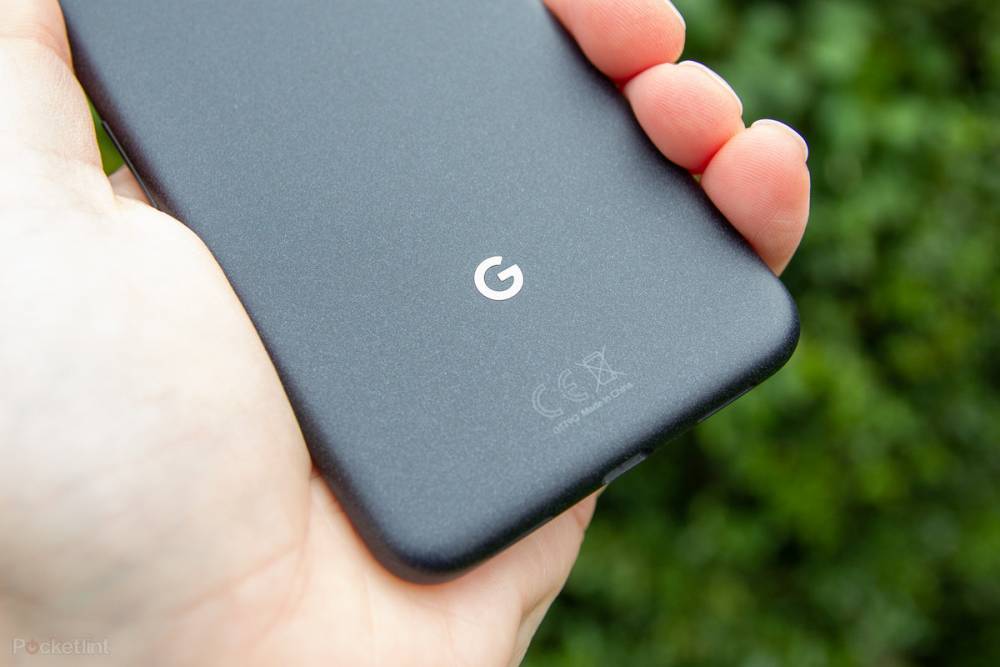
What The Rumours Say About The Google Pixel Folding Phone
What the rumours say about the Google Pixel folding phone
There has been a surge in discussion about the possibility of Google developing a folding Pixel.
With folding phones being hailed as the next big thing, it's unsurprising that brands are interested in where the technology might take us, in a race to crack this (currently) novel segment of the market.
Everything you need to know about the folding Pixel is right here.
What will it be called?
There have been no suggestions for a name for any Google device that folds. There have been numerous rumours surrounding the Pixel 6 - as would be expected on an incremental device timeline - and a larger Pixel 6 Pro, though neither of these are expected to be foldable.
At the moment, it is unknown what it will be called. While Google Pixel Fold has a nice ring to it, Google Pixel 6 Fold suffers from the awkwardness associated with major brand product naming.
Folding Pixel release date
Numerous rumours have suggested that Google will launch a folding device by the end of 2021.
In December 2020, Ross Young of DSCC – who has a fairly good track record of forecasting upcoming display moves – suggested that Google would announce something in the second half of 2021.
Additionally, in August 2020, 9to5Google reported on an internal document leak aligning a device codenamed Passport with a Q4 2021 launch date. The device was highlighted as foldable.
In June 2021, it was claimed that production of the display would begin in October and would be delivered fully assembled to Google in time for the end of the year launch of a phone.
Typically, Google announces hardware at a Made by Google hardware event. This is typically in late September or early October, although 2020 threw a curveball and shattered some established patterns.
At the moment, all indications point to Google launching a folding device by the end of 2021.
Design
Nothing has been said about the possible design of this device. There have been no leaks, rumours, or speculations.
We don't know whether it will be a clamshell or book-style folding device, although the rumored size of the display suggests it will be a book-style device similar to the Galaxy Z Fold models.
Certainly, as Android's software evolves to support folding phones and larger devices, something that folds out to be quite large seems logical.
Display
Obviously, the display is the focal point of any folding phone. This is where we have some additional information, as a 7.6-inch size has been reported.
Samsung Display is expected to supply the flexible AMOLED panel, and at that size - the same as the Galaxy Z Fold 2 - we're guessing it'll be a book-style folder rather than a flip phone. It is believed to be in-folding, with the folded display on the device's inside.
It has also been stated that the display will be an LTPO panel with a 120Hz refresh rate, which is the same as what has been claimed for the Galaxy Z Fold 3's successor to the Z Fold 2.
Apart from that, we don't know much. Nothing about resolution, external display, or anything else has been mentioned.
Hardware
Again, there have been no leaks regarding the upcoming device's potential hardware. Google's later-in-the-year launch window frequently results in the company launching hardware approximately six months later than the rest of the industry.
Google decided to enter the mid-range market in 2020 with the Pixel 4a and Pixel 5 devices. This raises the question of whether Google will aim for affordability with its folding phone - perhaps with the Snapdragon 870 - or for premium with the Snapdragon 888 or 888 Plus.
Until now, all folding phones have come at a premium - and as Motorola discovered with the original Razr, launching without top-of-the-line hardware at a high price immediately attracts criticism.
Cameras
When people hear the word Pixel, they immediately think of the camera. While the Pixel phones have provided us with excellent cameras, the majority of the work is done by AI - it is computational photography that shines through, not hardware.
With that in mind, we wouldn't be surprised to see Google retain the Pixel 5's camera hardware. There have been no leaks regarding the camera thus far, but a straightforward approach with a primary and ultra-wide camera on the back would be entirely in keeping with Google's style.
Having said that, it could also follow the Pixel 6 and Pixel 6 Pro's lead. The Pixel 6 is expected to feature a dual camera setup with a 50-megapixel primary sensor and a 12-megapixel ultra wide sensor, while the Pixel 6 Pro is expected to feature a triple rear camera setup similar to the Pixel 6, but with the addition of a telephoto lens.

